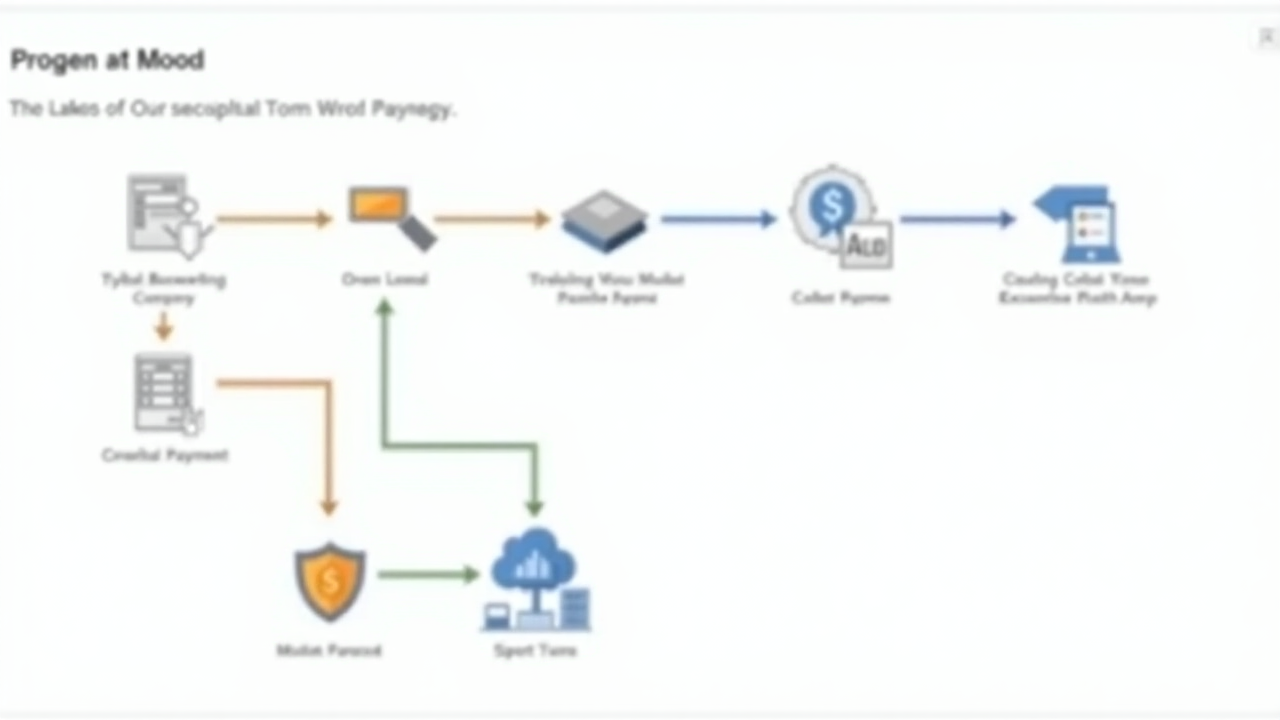Explore the innovative world of financial technology - where secure transactions, digital payments, and blockchain solutions are shaping the future of finance in South Africa.
Learn MoreSouth Africa is witnessing a transformative shift in payment ecosystems, with mobile payments growing at 15% annually. These solutions are particularly important in areas with limited banking infrastructure.
Beyond cryptocurrencies, blockchain is revolutionizing supply chains, property registration, and identity verification through its immutable, transparent and secure distributed ledger technology.
Advanced encryption, biometric authentication, and real-time fraud detection systems are creating safer financial ecosystems for businesses and consumers alike.
South Africa has seen remarkable growth in contactless payments, mobile wallets, and QR code-based payment systems. These technologies are reducing transaction costs, increasing speed, and improving accessibility for millions of South Africans.
The rise of e-commerce platforms has accelerated the adoption of digital payment solutions, with integrated payment gateways facilitating seamless online transactions. Meanwhile, real-time payment systems are enabling instant transfers between accounts, regardless of the financial institution.

Blockchain technology extends far beyond cryptocurrencies. In South Africa, it's being applied to create transparent supply chains, secure digital identity systems, and immutable record-keeping for property and asset registration.
Smart contracts are automating complex business processes, reducing the need for intermediaries and creating more efficient systems. The technology's inherent security features are particularly valuable in environments where trust and verification are essential.

Financial technology is breaking down barriers to financial services for previously excluded populations. Mobile banking solutions are reaching rural communities where traditional bank branches are scarce, enabling millions to participate in the formal economy.
Digital identity solutions combined with simplified KYC (Know Your Customer) processes are making it easier for people to open accounts and access financial services. Meanwhile, alternative credit scoring models using non-traditional data are helping those without credit histories to access loans.

Established financial institutions are partnering with FinTech startups to modernize their services and improve customer experiences through digital channels.
South Africa's vibrant startup ecosystem is developing innovative solutions for payments, lending, insurance, and wealth management, addressing local market needs.
The South African Reserve Bank and Financial Sector Conduct Authority are developing balanced regulations that promote innovation while ensuring consumer protection.
South Africans across demographic groups are increasingly embracing digital financial solutions for convenience, cost savings, and accessibility.
Digital payment systems use secure encryption protocols to transmit financial data safely between parties. When you make a digital payment, your information is tokenized, meaning sensitive details are replaced with non-sensitive equivalents, significantly reducing security risks.
The entire process—from initiation to authentication and settlement—typically occurs in seconds, creating a frictionless experience for consumers and merchants alike. This technology is continuously evolving, with biometric authentication and behavioral analysis adding further layers of security.

Modern financial technology employs multiple layers of security, including end-to-end encryption, two-factor authentication, and secure socket layer (SSL) protocols to protect sensitive data.
Financial institutions and FinTech companies invest heavily in cybersecurity infrastructure to detect and prevent unauthorized access attempts, maintaining the integrity of digital financial systems.

Blockchain operates as a distributed ledger technology where each transaction is recorded in a "block" and linked chronologically in a "chain." This structure creates an immutable record that resists tampering and fraud.
The consensus mechanisms used in blockchain networks, such as Proof of Work or Proof of Stake, ensure that all participants agree on the validity of transactions without requiring a central authority.

Modern payment gateways act as intermediaries between merchants, customers, and financial institutions, facilitating the secure transmission of payment information while ensuring compliance with industry standards.
The evolution from batch processing to real-time payments has dramatically reduced settlement times, improving cash flow for businesses and convenience for consumers.

Financial institutions leverage big data analytics to gain insights into consumer behavior, identify patterns, and develop personalized financial products and services.
Predictive analytics helps in risk assessment, fraud detection, and market forecasting, enabling more informed decision-making in the financial sector.
Have questions about financial technology? Our team is here to provide information and educational resources.
R332, Patensie, Andrieskraal
+27410001570
We provide informational content about financial technology trends, best practices, and educational materials about digital finance solutions in South Africa.
Our goal is to increase understanding of how technology is transforming the financial landscape and promoting financial literacy across communities.